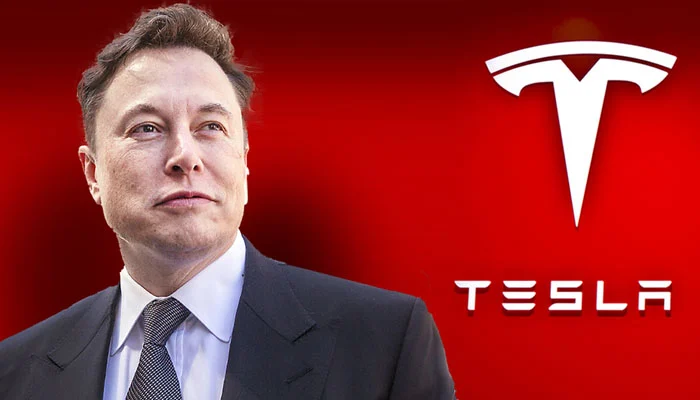Elon Musk finds himself in a standoff with Swedish laborers, triggering a nationwide wave of strikes affecting Tesla, his electric vehicle company.
In late October, the Swedish trade union “IF Metall” initiated a walkout, setting off a chain reaction of industrial action. Other unions, both in Sweden and neighboring nations such as Denmark, Norway, and Finland, have joined forces in solidarity.
The primary demand from the Swedish employees centers around compelling Tesla to enter into a collective bargaining agreement, a common practice in their country. In Sweden, a striking 85% of all employees are covered by such agreements, as opposed to a legally mandated minimum salary. These agreements ensure fair compensation and foster cooperative relationships between businesses and unions.
Lars Calmfors, a professor of international economics at Stockholm University, underscores the high prevalence of collective agreements in Sweden. He notes the country’s strong tradition of cooperation between unions and employers, with a notably low level of industrial conflict, especially in comparison to other Nordic







